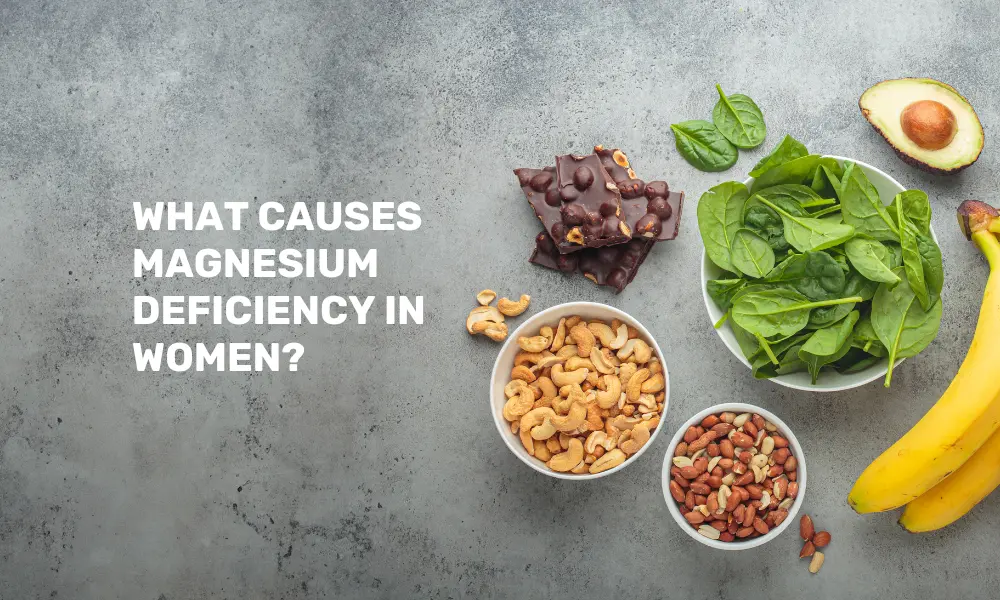Memory is an important mental process that aids in retaining and recalling information. While children require good memory capabilities for academic achievement, older people tend to retain memory as they age. Luckily, it is possible to improve memory in both groups by adopting a diet, lifestyle, and mental stimulation.
Our in-house expert, Dt. Aparna Pandey, MSC-Nutrition and Dietetics, shares a few ways to boost memory in children and the elderly.
1. Dietary Support to Brain Function
In Children:
-
Omega-3 Fatty Acids: Walnuts, flaxseeds, and fatty fish contain omega-3s that support brain development.
-
Antioxidant-Rich Foods: Berries, nuts, and leafy green vegetables combat oxidative stress and enhance cognitive function.
-
Protein-Rich Diet: Eggs, dairy products, and lentils supply essential amino acids that support brain function.
-
Hydration: Water and fresh juices prevent dehydration, which can lead to impaired focus and memory.
For the Elderly:
-
Vitamin B12 and Folate are needed for cognitive function, both of which are found in dairy, eggs, and fortified cereals.
-
Curcumin (Turmeric): Reduces brain inflammation and prevents memory loss.
-
Green Tea & Dark Chocolate: Increase brain activity because of flavonoids and antioxidants.
-
Healthy Fats: Avocados, nuts, and olive oil aid in nerve function and memory storage.
2. Exercise and Its Impact on Memory Enhancement
For Children:
-
Outdoor Play: Running, cycling, and yoga enhance brain oxygenation.
-
Sports and Dance: Improve coordination, concentration, and mental acuity.
For the Elderly:
-
Walking and Aerobics: Improved circulation of blood and averts mental deterioration.
-
Tai Chi & Yoga: Encourage relaxation, concentration, and enhanced memory function.
3. Mental Exercise and Brain Stimulation
For Children:
-
Puzzle Games & Memory Cards: Improve concentration and recall.
-
Reading & Storytelling: Improve imagination and reinforce memory links.
-
Learning a New Skill: Learning to play a musical instrument, painting, or a new language enhances cognitive functions.
For the Elderly
-
Brain Games: Sudoku, crossword, and chess exercise the brain.
-
Reading & Writing: Engages the brain and averts loss of memory.
-
Lifelong Learning: Going to workshops or acquiring new skills consolidates neural connections.
4. Quality Sleep and Stress Management
For Children:
-
10-12 Hours of Sleep: Memory consolidation and concentration.
-
Bedtime Routine: An established sleep routine enhances cognitive function.
For the Elderly:
-
7-9 Hours of Sleep: Averts forgetfulness and promotes brain repair.
-
Meditation & Deep Breathing: Reduce stress and improve concentration.
5. Social Interaction and Emotional Well-being
For Children:
-
Group Activities: Playing with friends or engaging in team projects enhances social memory.
-
Family Time: Strong emotional bonds improve memory recall and learning.
For the Elderly:
-
Social Engagement: Talking with friends, joining clubs, or volunteering keeps the brain active.
-
Music Therapy & Laughter: Reduce stress hormones and boost memory.
The Bottomline:
As per experts improvement of memory is possible and achievable at any age, provided one follows the right habits. A proper diet, regular exercise, mental stimulation, and emotional health help children and seniors alike keep a healthy and active memory throughout life. For customized diet plan – CLICK HERE.
FAQ on Boosting Memory
Which food is best for memory?
For memory improvement, focus on a diet rich in fatty fish (like salmon), berries, nuts, leafy greens, whole grains, and seeds, as these foods provide essential nutrients like omega-3s, antioxidants, and vitamins that support brain health.
What vitamin is good for memory?
Two important nutrients, vitamins D and K, have been linked with a lower risk of memory related conditions like dementia and cognitive impairment, which are more likely to develop as we age.
Is milk good for memory?
Milk help improve cognitive function and memory. It is a good source of important nutrients for optimal brain health, including protein, vitamin D, potassium, and calcium.
This article is meant for informational purposes only and must not be considered a substitute for professional advice.





